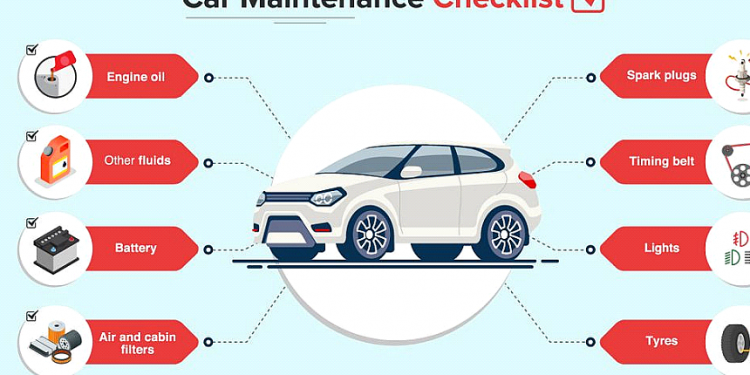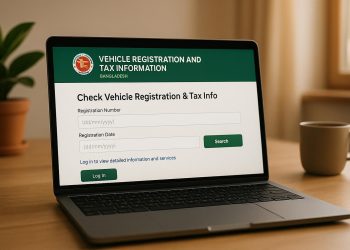Extend your car’s life and avoid costly repairs with these 10 essential car maintenance tips. From oil changes to tire rotations, learn how to keep your vehicle running smoothly.
10 Essential Car Maintenance Tips to Keep Your Vehicle Running Smoothly
Regular car maintenance tips are crucial for keeping your vehicle in top condition, preventing breakdowns, and ensuring its longevity. Neglecting routine maintenance can lead to costly repairs and even compromise your safety on the road. This guide outlines ten essential tips that every car owner should follow.
Regular Oil Changes
One of the most important car maintenance tips is changing your engine oil and filter regularly. Oil lubricates the engine’s moving parts, reducing friction and wear. Over time, oil breaks down and becomes contaminated with dirt and debris. Follow your vehicle manufacturer’s recommended oil change interval (typically every 5,000 to 10,000 miles or every 6-12 months).
Check and Maintain Fluid Levels
Besides engine oil, several other fluids are essential for your car’s operation:
⦁ Coolant (Antifreeze): Prevents the engine from overheating and freezing.
⦁ Brake Fluid: Ensures proper braking performance.
⦁ Power Steering Fluid: Allows for smooth and effortless steering.
⦁ Transmission Fluid: Lubricates the transmission components.
⦁ Windshield Washer Fluid: Keeps your windshield clean for optimal visibility.
Regularly check the levels of these fluids and top them off as needed. Consult your owner’s manual for the correct fluid types.
Tire Rotation and Balancing
Rotating your tires (moving them from one position to another) helps ensure even wear and extends their lifespan. Balancing the tires eliminates vibrations and improves ride comfort. Aim to rotate and balance your tires every 5,000 to 8,000 miles.
Check Tire Pressure
Maintaining the correct tire pressure is essential for safety, fuel efficiency, and tire longevity. Under-inflated or over-inflated tires can affect handling, increase wear, and even lead to blowouts. Check your tire pressure at least once a month (and before long trips) using a reliable tire pressure gauge. The recommended pressure is usually found on a sticker inside the driver’s side doorjamb or in your owner’s manual.
Inspect Brakes
Your brakes are critical for safety. Regularly inspect the brake pads, rotors, and brake lines for wear and tear. If you hear squealing or grinding noises, or if the brake pedal feels spongy, have your brakes checked by a professional immediately.
Replace Air Filters
The engine air filter prevents dirt and debris from entering the engine, while the cabin air filter cleans the air inside the car. Replace both filters according to your vehicle’s maintenance schedule (usually every 12,000 to 15,000 miles or once a year).
Check Belts and Hoses
Inspect the belts and hoses under the hood for cracks, wear, or leaks. These components are essential for various systems, including the engine cooling, power steering, and air conditioning. Replace them as needed to prevent breakdowns.
Test Lights
Ensure all your vehicle’s lights (headlights, taillights, brake lights, turn signals) are working correctly. Replace any burned-out bulbs promptly.
Battery Maintenance
Keep your car battery terminals clean and free of corrosion. If your battery is more than three years old, consider having it tested to ensure it’s still in good condition.
Follow the Manufacturer’s Recommended Maintenance Schedule
Your vehicle’s owner’s manual contains a detailed maintenance schedule that outlines specific services and intervals. Following this schedule is one of the most important car maintenance tips you can follow to ensure your car stays in optimal condition. Sticking to this schedule will allow you to keep an eye on your vehicle long term. And, remember that this will maximize resale value. Also keep service records to increase car’s value.
What are your go-to car maintenance tips? Share them in the comments below!




